Rafael Adaui is a director at Axis Corporate and has more than 20 years of experience in technology service management.
He has worked as a technology consultant in business units generating value in project proposals, as well as coordinating change management teams, IT financial management, and integrated management of technology services, applying best practices in the design of a service catalogue and developing service levels, demand, and capacity.
He developed and deployed a technology service cost model in a major financial institution that allowed for correctly calculating business profitability, considering the real costs of technology services.
He has been CIO of a financial service company, developing best management practices in terms of costs, swift methodologies in project management, IT operation management, security, risk, and IT governance.
- Describe your position at Axis Corporate.
I am Director of the IT Advisory Service Line and the internationalisation of all Axis Corporate services. In addition, part of my responsibility is business development and international customer relations.
- What do you value most about your position?
With my experience in corporate companies, from my position as a director, I am passionate about the idea of directly helping our clients. Being able to use my knowledge and years of experience to bring proposals that generate real value to the companies we work with gives me great satisfaction. I also have the opportunity and the responsibility to lead consultants in the team, which allows me to help other people’s professional growth as well as my own, due to the intrinsic learning involved in leading a team.
- What are the key ingredients to being good at what you do?
I think we must always keep in mind that, beyond the experience skills, or knowledge that one may have, we must not forget that we are people and the way we interact with others is key to succeeding in our relationships, whether this is with clients, with suppliers, or with co-workers.
Of course, on that note, when I think about our clients, it is crucial to be very attentive to the challenges they express and to understand their needs. It’s not just about offering services to “teach” them how to do things. I think you have to be a bit of a psychologist and a bit of a coach to be able to co-create real solutions with clients. It’s at that moment that, from our experience, skills, and knowledge, we can deploy the best proposals together and show the ingredients of why we are good at what we do.
- How do you manage uncertainty?
I have learned to think or believe that there are variables that we simply do not manage, and we cannot control everything that happens around us. I have also trusted (sometimes against my own rational mind) that everything will fall into place and that somehow, you reap what you sow through an integrated system. In short, I try not to despair about what I cannot control and I allow time, with a little patience and learned wisdom, for certain things to fall into place; as events and opportunities present themselves, I make the most of them.
- Why is diversity important in a team?
When you surround yourself with like-minded people who have similar values, principles, and ways of thinking as you, the overall situation is perceived as comfortable. But in the absence of divergent opinions, differing views, or radical approaches, it is difficult to discover new ways of doing things or to take advantage of opportunities that present themselves in a better way. It can be difficult to confront opinions that stray too far from your pre-set canons, and it’s likely that, sometimes, it bears no fruit. However, if you let them flow without prejudice and give them a chance to develop, these perspectives can generate truly innovative and disruptive ideas and proposals.


